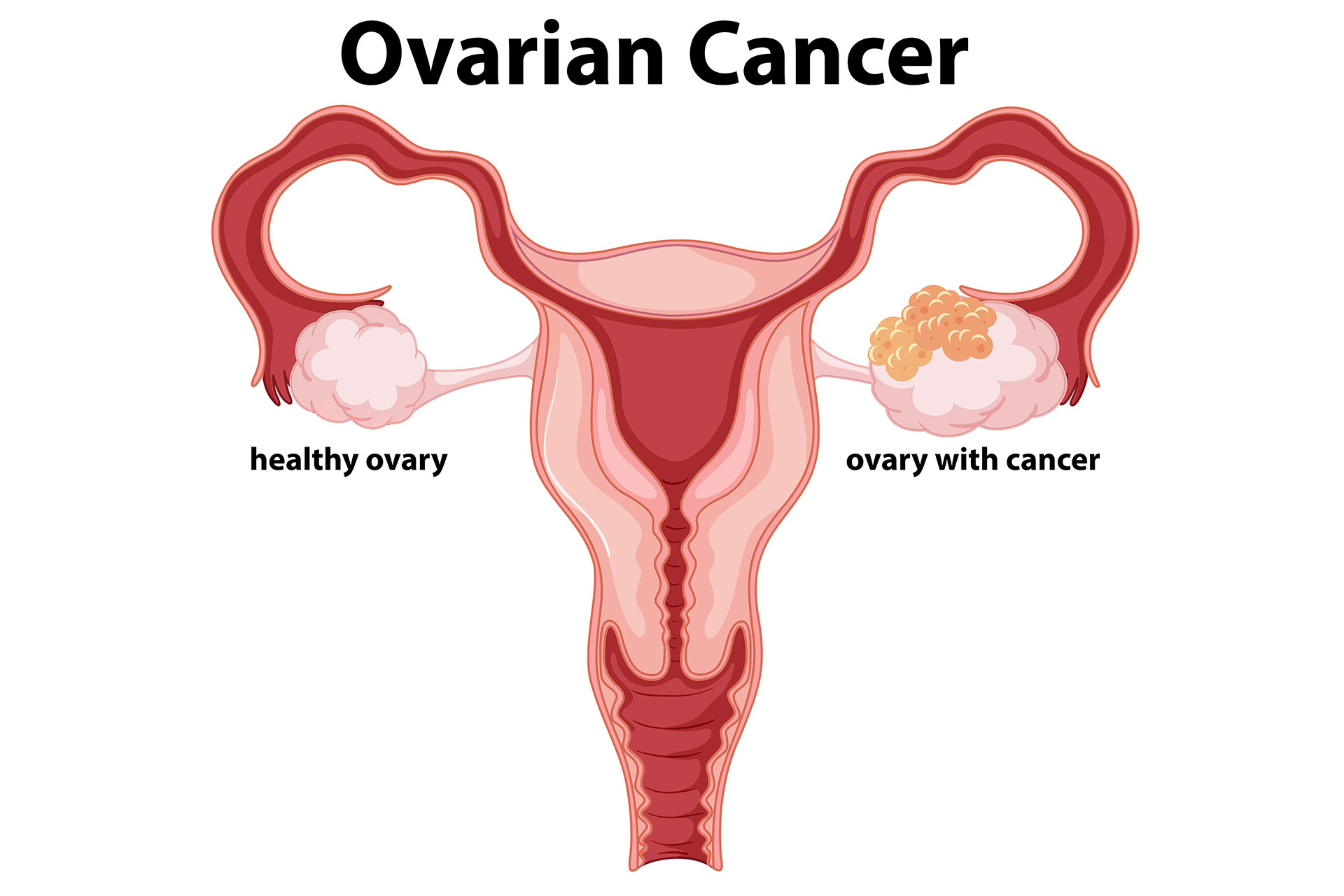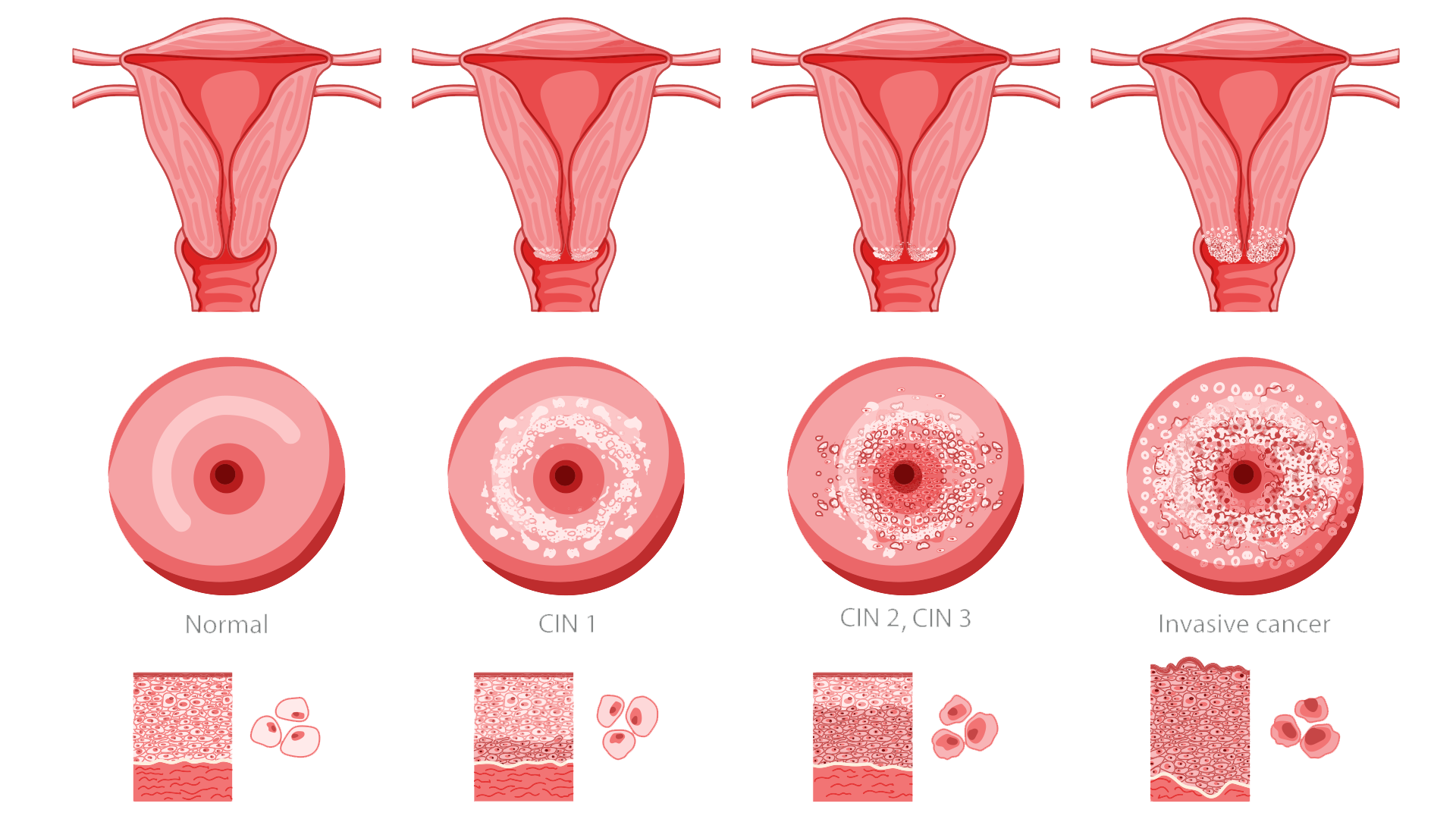Cervical Cancer Awareness Month, observed every January, puts the spotlight on education, prevention, and early detection in the fight against cervical cancer. Once a leading cause of cancer-related deaths among women in the United States, cervical cancer is now significantly less prevalent due to advances in screening and prevention. However, it is still a serious public health concern. According to the American Cancer Society, an estimated 13,820 women in the U.S. were diagnosed with invasive cervical cancer in 2024, with nearly 4,360 deaths attributed to the disease.
Understanding Cervical Cancer
Cervical cancer develops when abnormal cells in the cervix, the lower part of the uterus that connects to the vagina, start to multiply uncontrollably. This condition can occur due to several factors, but the most significant risk factor is a persistent infection with certain strains of the human papillomavirus (HPV), a common sexually transmitted disease. While various infections and conditions can influence cervical health, it is the long-term presence of specific high-risk HPV types that most often leads to the development of cervical cancer. Early detection through regular screening, such as Pap smears and HPV tests, is crucial for identifying precancerous changes in cervical cells, allowing for timely intervention and treatment.

What Causes Cervical Cancer?
The primary factor contributing to the onset of cervical cancer is a lengthy infection with high-risk strains of human papillomavirus (HPV). This virus is prevalent, transmitted primarily through sexual contact, and statistics indicate that nearly half of all sexually active individuals will have it at some point during their lives. While it is reassuring to note that many HPV infections clear up on their own within a few months, some high-risk types may remain in the body for an extended period. If these persistent infections are not addressed, they can progressively damage cervical cells, ultimately leading to the development of cervical cancer over time.
HPV and Its Link to Cervical Cancer
HPV is the most constant viral infection affecting the reproductive system. While many types of HPV are harmless and straightforward naturally, some high-risk strains can cause significant health problems, including cervical cancer. Persistent infections with these strains are the primary drivers of cervical cancer progression (more information).
The Role of the HPV Vaccine
The HPV vaccine has been a game-changer in cervical cancer prevention programs since it was first introduced in 2006. This vaccine protects against the high-risk HPV types most likely to cause cervical cancer. It is recommended for individuals aged 9 to 45, with the most significant impact observed when administered before exposure to HPV. For those aged 15 to 26, a complete three-dose vaccine series is required if they did not receive it earlier. Since its introduction, cervical cancer incidence rates have plummeted by about 90% among vaccinated women compared to those who remain unvaccinated.
Screening and Prevention for Cervical Health Awareness
Early detection through regular and comprehensive screening is fundamental for reducing cervical cancer prevalence. Screening tests like the Pap test and HPV test can early detect if there are changes in cervical cells and identify high-risk HPV infections before they develop into cancer.

The Importance of Education
Education is a cornerstone of cervical cancer prevention. Raising awareness about HPV, its connection to cervical cancer, and the benefits of vaccination is crucial. Many people remain unaware of the availability and effectiveness of the HPV vaccine, and increasing knowledge can lead to greater vaccine uptake.
Building a Healthier Future
During January’s cervical health awareness campaigns, healthcare organizations and community groups come together to emphasize the importance of screening and prevention. Through increased education and access to cervical cancer prevention programs, we can build a future where cervical cancer is a rare occurrence.
At Signature Health Services, we are committed to supporting individuals and families affected by cervical cancer. If you or a loved one has been diagnosed, our team provides compassionate care in the comfort of your home. From medication education to management strategies, we are here to help.
Join the Fight Against Cervical Cancer
Cervical Cancer Awareness Month serves as a vital reminder that this disease is largely preventable through education, vaccination, and screening. Participating in cervical cancer awareness initiatives and sharing information about cervical cancer prevention programs can help create a healthier and more informed community. Together, let’s aim to end cervical cancer within a generation.
Call Signature 24/7 at 800-277-8291 for excellence in skilled and compassionate home health care.

Your Complete Home Health Care Solution!
ALWAYS ON CALL
| Monday – Sunday | 24 / 7 |
1 (800) 277-8291 (option 1)
COUNTIES SERVED
OUR VALUES
TESTIMONIALS

I love all of my home health people.

All Signature staff as well as therapy were very helpful.

Their services have always been great.

I really love my physical therapist. Gary has helped me so much.

This has been one of the best agencies. Very caring nurses.

I’ve had a really good physical therapist and really nice nurses.

I have had excellent care & would recommended them to anyone.

Gary Dixon is the very best physical therapist in Baytown and Houston Area.

